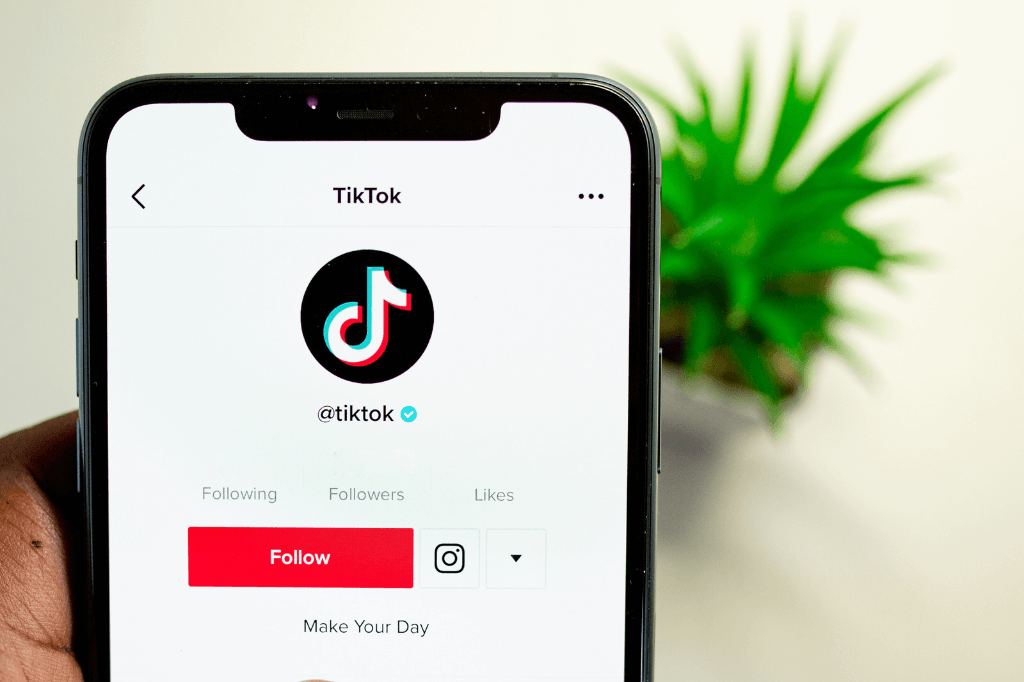TikTok has recently announced that it will be introducing a daily screen time limit of 60 minutes for users under the age of 18. This move comes as concerns are mounting over the amount of time that young people are spending on social media platforms, particularly on TikTok. While users will still have the option to continue using the app beyond the time limit, they will need to enter a prompted passcode to do so, thus requiring an active decision to extend their time.
Cormac Keenan, who is the head of trust & safety at TikTok, mentioned that the company took guidance from Digital Wellness Lab at Boston Children’s Hospital and looked into existing academic research to decide on an apt time limit. The nonprofit research organization, Common Sense Media, recently reported a 17% rise in media use among tweens and teens from 2019 to 2021. On average, tweens spend approximately five hours and 33 minutes on screen media daily while teenagers dedicate eight hours and 39 minutes to it.
In an effort to provide extra protection for young people, TikTok is introducing new features to the “Family Pairing” tool. Through this, parents & guardians can customize safety settings and specify how much time their children spend on the app in a day. Caregivers now have access to greater control over the amount of time their teens spend online. With features such as scheduling different daily time limits, muting notifications during specific hours, and monitoring app usage with a screen time dashboard, it’s easier than ever to regulate the digital consumption of your teen.
Also Read: The Rise of Deinfluencing on TikTok: A New Trend for Authenticity
This move comes at a time when TikTok is facing increased scrutiny over security concerns, with the White House recently announcing that federal agencies have 30 days to remove the app from all government-issued devices. House Republicans are also pushing for a nationwide ban on TikTok. In response, TikTok spokesperson Brooke Oberwetter called such bans “little more than political theater.”
Overall, TikTok’s introduction of screen time limits and enhanced safety features for young users is a step in the right direction, though some experts argue that more needs to be done to protect young people’s mental health and well-being, particularly in regards to the potential harms of exposure to harmful content and personal data collection.

















